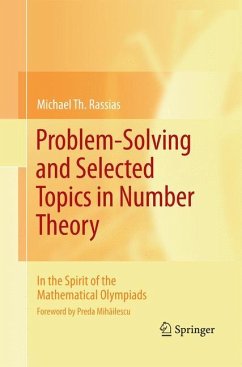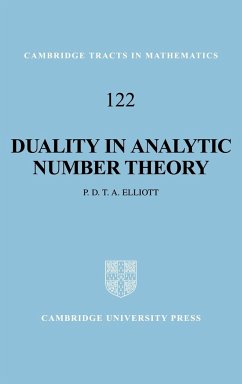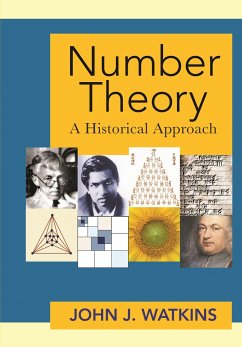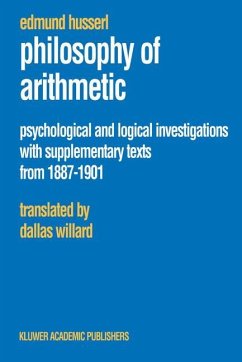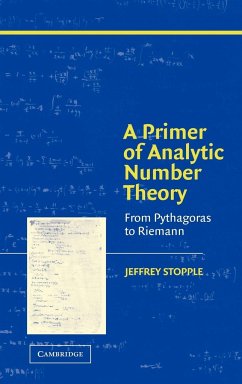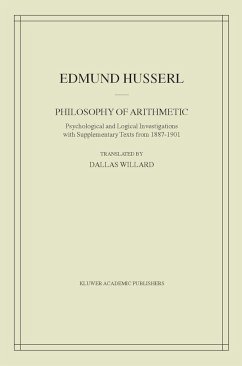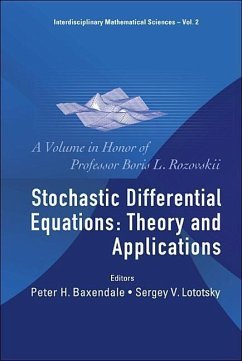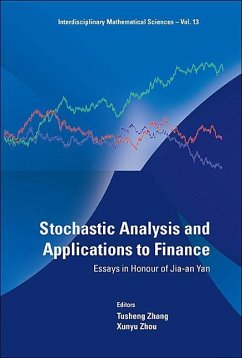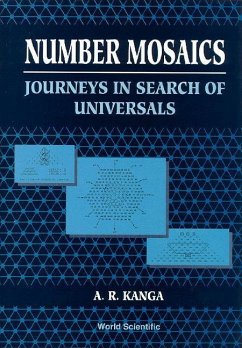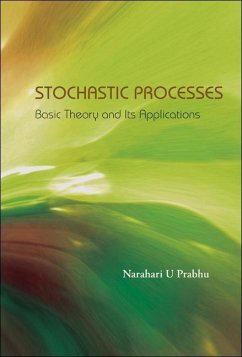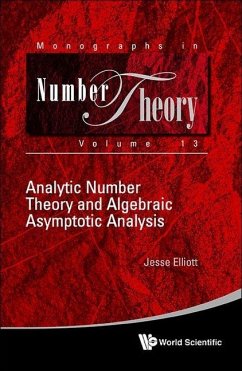
Analytic Number Theory and Algebraic Asymptotic Analysis
Versandkostenfrei!
Versandfertig in über 4 Wochen
157,99 €
inkl. MwSt.

PAYBACK Punkte
79 °P sammeln!
This monograph introduces a unified framework for analyzing and comparing the asymptotic growth of number-theoretic functions through the novel notions of degree and logexponential degree. Extending the asymptotic calculus shaped by du Bois-Reymond, Landau, and Hardy -- rooted in notations such as O, o, and ∼ -- it provides a formal algebraic language for comparing growth rates, interpreting numerical evidence, and connecting longstanding problems, including the Riemann hypothesis. The new degree formalism incorporates Hardy's logarithmico-exponential functions, built from id, exp, and log u...
This monograph introduces a unified framework for analyzing and comparing the asymptotic growth of number-theoretic functions through the novel notions of degree and logexponential degree. Extending the asymptotic calculus shaped by du Bois-Reymond, Landau, and Hardy -- rooted in notations such as O, o, and ∼ -- it provides a formal algebraic language for comparing growth rates, interpreting numerical evidence, and connecting longstanding problems, including the Riemann hypothesis. The new degree formalism incorporates Hardy's logarithmico-exponential functions, built from id, exp, and log using the operations of addition, multiplication, division, and composition, as benchmarks for comparison. The monograph develops foundational results about the structure and algebra of the degree formalism, including its relation to Karamata theory, Hardy fields, transseries, and asymptotic differential algebra. While not offering proofs of major conjectures, it proposes a new way of establishing interdependencies among error terms. Applications to summatory functions, prime gaps, the Riemann zeta function, and Diophantine approximation demonstrate the framework's reach and utility. These applications reduce error terms in analytic number theory to core set of primitives, including the function π(x) -- li(x), whose degree equals 1/2 if and only if the Riemann hypothesis holds.



